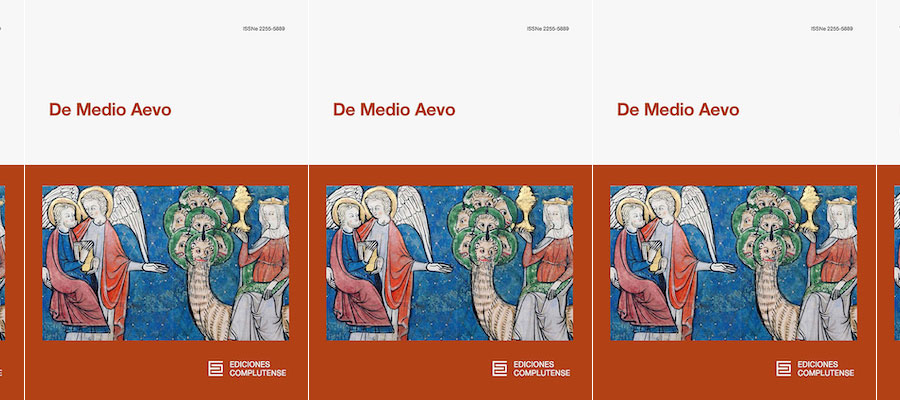Scientific Interests and Technological Innovation in Byzantium: Interdisciplinary Perspectives, De Medio Aevo 13/2 (2024–2)
Guest Editor: Doru Costache
The study of Byzantine science and technology is not an academic newcomer, but recently this field of research has been relaunched on an unprecedented scale. We have already learned, perhaps surprisingly, that the Byzantines—not being obsessed with either things transcendent or the glories of ages past—were curious to know and to understand reality, as well as ingenious in transforming the space they inhabited. They theorized, experimented, and innovated. It should not come as a surprise that, towards the end of their world, Nikephoros Gregoras (d. 1360) could ridicule his western colleagues for being stuck with Aristotle’s division of theoretical and applied sciences, while his compatriots had advanced beyond that point. Recent studies, indeed, have brought to light Byzantines’ consuming interest in “canonical” and “occult” sciences—from astronomy, mathematics, architecture, and medical research to alchemy and astrology—as well as in technological invention. This monographic issue of De Medio Aevo will deepen our understanding of Byzantine science and technology, broadly understood.
